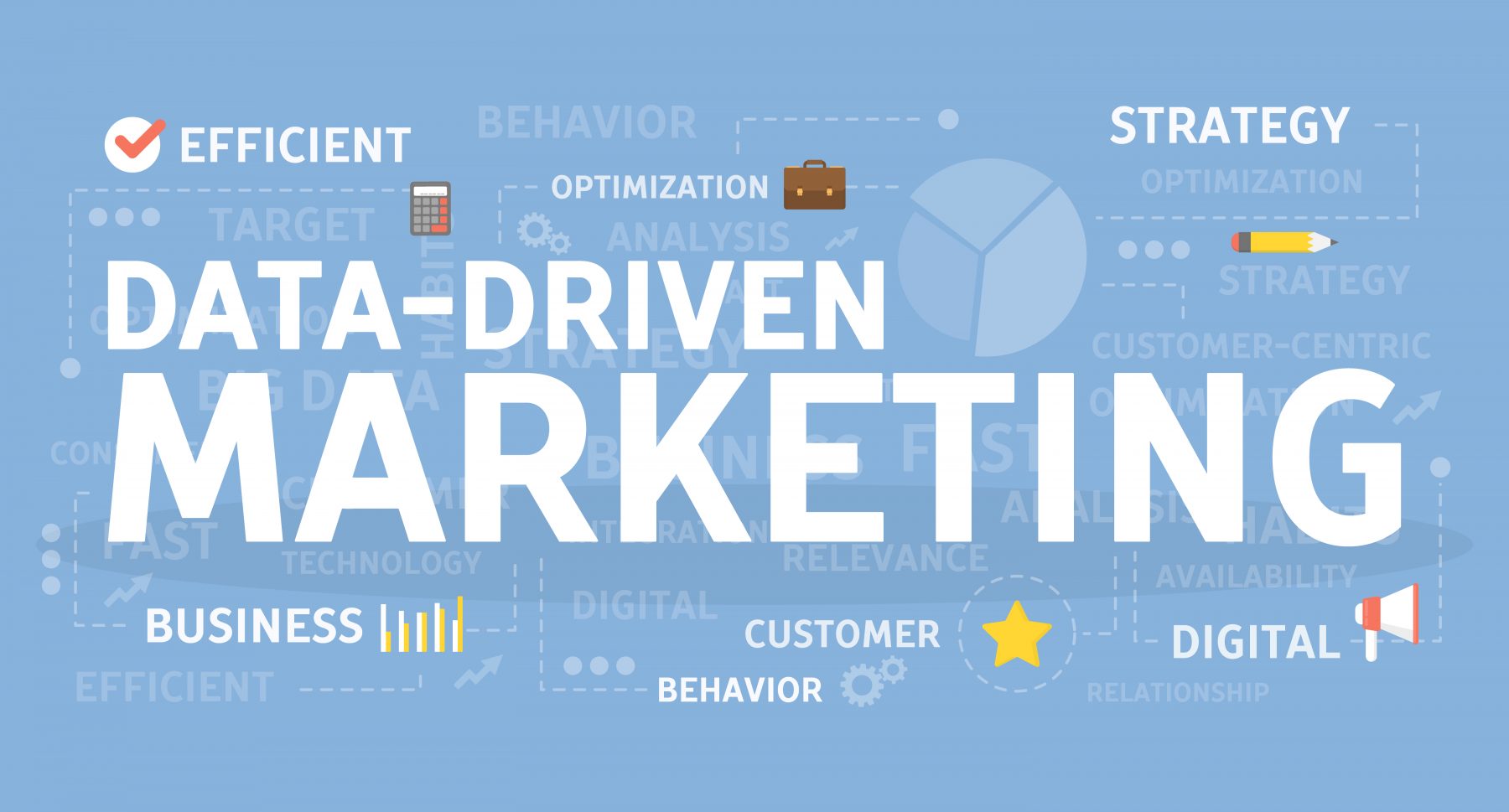Almost all businesses deal with texts: invoices, proposals, research papers, reports, resumes, job descriptions, emails, news, and other documents. Some of these text documents require processing, such as sorting, extracting and entering information into a database, evaluating for sentiment, and so on. According to Forbes Magazine, 84% of businesses still rely on some sort of manual data processing every day, and many of those tasks could be automated with the right technology. In this post I talk about various uses of Natural Language Processing (NLP) in business and how it could help automate manual text processing.
Most companies are in some form or another involved with marketing, accounting, customer service, sales, and hiring, and each of these elements can benefit from Natural Language Processing.
Marketing

In marketing, NLP and other AI solutions are being widely applied, with chatbots probably the most well-known of these technologies. Chatbots are an alternative to email newsletters for delivering marketing messages. When used this way, chatbots can better segment an audience and improve reach to potential customers. Compared to email newsletters, chatbots currently offer significantly better click-through-rates with a range of 15-60%, compared to the newsletter’s rate that tops out at 5%.
Chatbots are also an alternative to website forms that potential customers use to reach out to businesses. According to Conversational Marketing , 58% of companies never followed up with website visitors who filled out forms, while 81% of tech buyers don’t bother filling out forms at all. Chatbots, on the other hand, respond much faster, which significantly increases the chances of the response arriving when it’s most effective (within five minutes, according to Conversational Marketing).
Social media and user surveys analysis

Usually marketing also involves analyzing social media and customer review messages. Using NLP technology, businesses can break down social media posts and reviews into parts, sort those parts by topic and, by applying sentiment analysis to them, find out how customers feel about different aspects of the product or service, such as prices, customer service, quality, etc. The same techniques can be applied to user feedback surveys.
Accounting
Accounting involves lots of data entry, such as processing financial reports, receipts and invoices. Manually entering such data can eat up a lot of employees’ time. Automating these tasks can eliminate these time sinks and save businesses money. For example, Botkeeper, a bookkeeping program that uses AI to handle accounting, automated more than 1.2 million hours for its 1,000 clients. By one estimate, employees who saved 240 hours due to automation return $9,240 in value to their employers.
Customer service
Chatbots can be a timesaver for customer service in addition to marketing. Chatbots can instantly answer frequently asked questions and redirect more difficult questions to humans. For example, Shell created digital assistants to answer questions about their lubricant business, and the company says the technology has already reduced its call center volume by 40%. In addition, 99% of users’ expectations have been met.
Here is an example of how a chatbot can answer frequently asked questions from Bloomberg help desk:
19:07:44 USER : hi. how can i completely remove a permanent chat that i created earlier?
19:07:45 BLOOMBERG HELP DESK : Thank you for using Bloomberg HELP!
19:07:49 BLOOMBERG HELP DESK : To delete a chat which you created, from the IB Manager, click the chat name. At the top right of the chat, click the icon with three horizontal lines, then select “Delete”.
Sales
In addition to chatbots, interacting with customers using suggestions, emails, and other messages that are personalized based on their behavior is a sure way to increase sales. Personalized recommendations are the products that Amazon and other online retailers display when customers buy a related item. One such retailer implemented a product recommendation engine that boosted conversion rates by 32% and increased profits by 23%.
HR (Hiring)

Recommendation engines can also be used in hiring by ranking resumes that best match a job description (while being careful to avoid bias). They can reduce the time it takes to go through all the resumes received as applications.
In addition, by using NLP, it is possible to automatically extract information from resumes, including names, education, experience, and specific skills and then store in a database for easy retrieval. This data, combined with information about placements, can then be used to analyze which candidates do especially well at certain companies (again, being careful about to how this information is being used).
Other
Anywhere there is lots of textual data, NLP and AI can improve and reduce manual processing of such texts.
- Long documents: many businesses deal with documents such as proposals and reports, and parts of them can be reused. Using NLP it is possible to divide documents into parts, and then bring up sections that are about a related topic when writing new reports. This is especially relevant to the legal domain, where “in many cases, the amount of data requiring analysis can exceed 100GB, when often only 5-10% of it is actually relevant. With outside service bureaus charging $1,000 per GB to filter and reduce this volume, you can start to see how costs can quickly soar.”
- Managing emails: companies with large email volume can benefit from automatically sorting the messages and redirecting them to the right person. Using NLP techniques, it is possible to sort the messages into categories using custom criteria, reducing manual processing time.
- Analyzing email traffic can also help analyze business processes: heavy email traffic on a certain topic can predict potential problems in communications between and within departments. With this foreknowledge, companies can intervene early on. An aerospace manufacturer implemented such email analysis and as a consequence cut costs by approximately €40 million.
- Custom news reports: following news relevant to an industry can be very time consuming, and setting up a regular news report can cut down on that time significantly. The report can include news about competitors and the company itself, as well as any other custom criteria.
As you can see, NLP is a technology that can potentially reduce costs, increase productivity, and raise profits for a business of any size and any domain.
If you would like help with an NLP project, contact me at zhenya@practicallinguistics.com or reach out on LinkedIn. You can also reach out to me for a text data audit, where we look at your text data and I will show you how NLP techniques can automate some of your manual processes involving that data.

